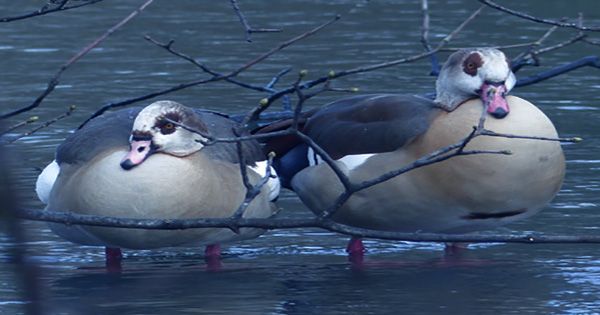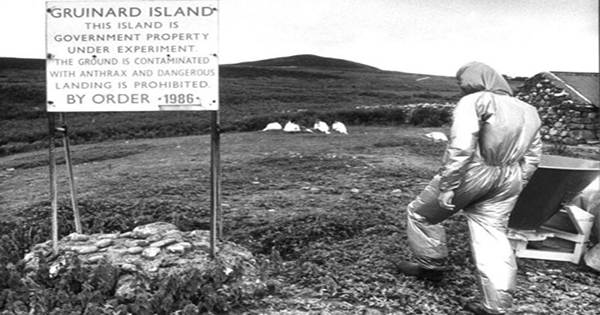The Covid-19 plunged the world into a state of lockdown, with people stuck at home wondering what to do. Videos from around the world have shown good humor to the inhabitants of the world in the wake of the global epidemic, and even zoos have had to be creative in encouraging entertainment for their animals.
Entertainment for a seventh-floor apartment in London literally landed on their doorstep when a mother duck decided to lay eggs in a tree pot on their porch. About a year later, when England was on lockdown again, the ducks returned. The story, like a story outside of fairy tales, unfolds in an apartment block in an urban area of London in the Queen Elizabeth Olympic Park. After returning to London’s Olympic and Paralympic venues in 2012, the area now known for neighborhoods, business districts and schools and universities – not so much for baby duck suitability.
Apparently, the area had not examined (and very little consideration given to how her offspring could descend from the balcony of the seventh story) One duck decided it was her favorite nesting site. It has not scientifically confirmed whether the duck in the first lockdown was the same in February 2021, but veranda owner Johanna Kolerski-Bezerra believes both of them announced Carmen’s name. Carmen first came back alone in 2021 with his partner. Three days and three eggs have already turned into tree pot brooding hot spots.
“It was a real surprise when we first saw an egg,” Kolerski-Bezerra told IFLScience. The second time was a mixed feeling. We were happy to get him back but were afraid of intense cleaning after the duck.”
After sabotaging the fake-leaf screening on the porch, Carmen’s nest (complete with 16 eggs) seemed almost complete. Unfortunately, strong winds have caused some feathers to settle in London, but Carmen continues to shake her off duty. Carmen’s ducks begin to hatch in the first six weeks after their return. “The new thing we’ve learned this year is the call for help,” Kolerski-Bezerra said. “It’s very hard to get ducks and ducks from a porch! Two volunteers from Swan Sanctuary, Gill and Andy came and we cannot do it without them. We all took the duck family to the nearby pond, Waterglade.”
All but one of the ducks successfully drowned next to their mother, but one showed signs of needing a little extra help. The Swan Sanctuary, a charity dedicated to X-rays, the care and treatment of Shepperton, Hans and Waterfall and the only center in England, and their other care for running swans, are now being taken care of.
















